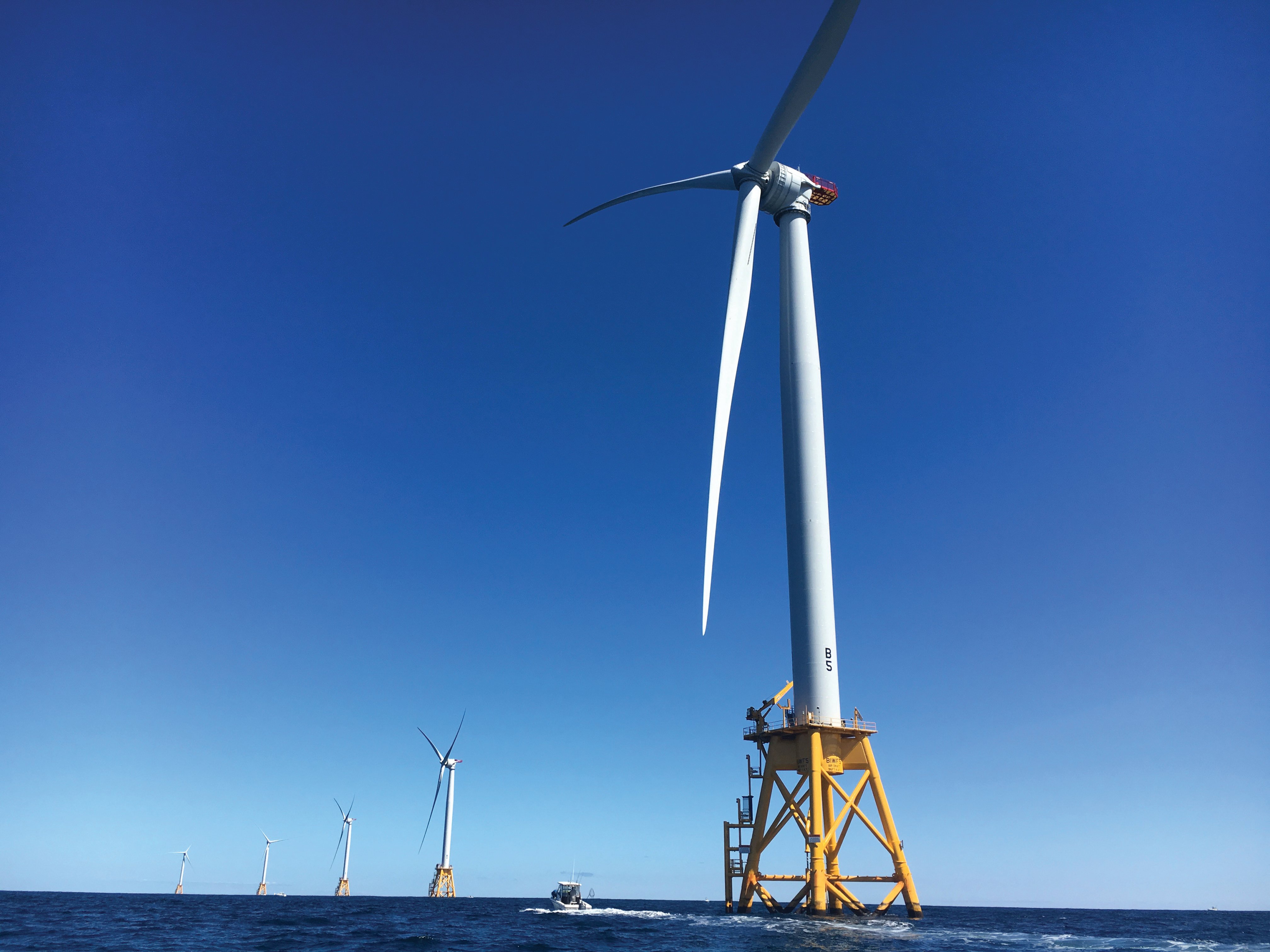The countdown is on! But several key energy issues still need to move through the Legislature before July 31.
With less than a month to go in the legislative session, several clean energy bills have yet to be decided. The...

Massachusetts lawmakers vote to pass H.4857, An act to advance clean energy. The final bill was released from conference committee late Monday afternoon.
H.4857 includes...
Half a loaf is better than none, or so the saying goes. Perhaps this best applies to what lawmakers have just served up in a much-anticipated 2018 energy bill. Late Monday evening, the six member conference committee that first convened about two weeks ago released H.4857 An act to advance clean energy. The bill is a stripped down version of two very different bills that had previously passed the House (H.4576) and Senate (S.2608).
H.4576 was a compilation of four bills passed in July by the House: H.4575 (2% RPS increase & clean peak standard), H.3404 (appliance efficiency standards), H.4576 (storage), and H.1724 (energy efficiency/fuel switching).
S.2608 was the comprehensive energy bill passed by the Senate in June. It contained a number of provisions, including a 3% RPS increase, elimination of net metering caps, a pipeline tax ban, accounting for lost gas, additional offshore wind procurement, and put a price on carbon.
The final legislation puts the Commonwealth somewhere between these two.
I’m voting Yes on the conference clean energy bill because overall it moves us forward. That said, it’s like taking three steps forward and one and a half steps back. We must continue to push for 3% increases to RPS (and do a lot more) in next year’s legislative session. #mapoli https://t.co/nLBgnnMsqv
— Mike Connolly (@MikeConnollyMA) July 31, 2018
Green Energy Consumers has been advocating for an RPS increase since 2014. In recent years, both RI and CT have extended or increased their renewable energy requirements. Similar action here is long overdue.
We got close in 2016, when the Senate included a 1% annual increase as part of its unanimously-passed bill. Unfortunately, the provision was negotiated away in conference.
That process, however, laid the foundation for an even bigger boost to one of our most important renewable energy policies. And thanks to overwhelming support from environmental groups, business interests, public health advocates, and more, the RPS was increased in this bill!
A 2% annual growth rate will take effect in 2020 and be in place through 2029. That means by 2030, MA's electricity supply will include 35% Class I (new) renewable resources. However, from 2030, on, the annual growth rate will go back down to 1% per year. Down is not the direction we want to see a renewable standard moving, so we'll be back next session to push for more. In the meantime, this bill gets us 10% more RPS resources by 2030 than before.
H.4857 also enables the Mass Department of Energy Resources (DOER) to conduct procurements for 1,600 MW offshore wind by 2035, doubling the Commonwealth's commitment to this home-blown resource.
The bill sets a 1,000 MWh storage target by 2025, inching the state closer to meeting its storage potential and capitalizing on the technology's ability to make efficiency and renewable resources even more beneficial to the grid.
And speaking of efficiency, the language of H.1724 that Green Energy Consumers helped to reach consensus on, was also included in the conference bill. The devil is in the details, but the goal of this provision is to enable state efficiency programs to account for the benefits of innovation and emerging technology in a way that Mass Save was previously unable to do.
Standardized reporting of gas leaks, a first step in ensuring customers are not stuck paying for lost and unaccounted for gas, also made it through.
Appliance efficiency standards, the benefits of which we have blogged about before, was left by the wayside. Updated standards are considered a low-cost strategy to offset the loss of aging generation like Pilgrim, as well as to deliver significant savings to consumers and emission reductions and water savings that benefit the environment. Yet, despite overwhelming support from all the Massachusetts utilities, Associated Industries of Massachusetts, environmentalists, and low income and consumer advocates, standards did not survive the negotiation process.
Although the bill addresses Eversource's controversial minimum monthly reliability contribution (MMRC) approved as part of their recent rate case, noticeably absent is any provision that would increase or eliminate net metering caps. Solar advocates point to caps as an unnecessary barrier to solar development.
There was also no ban on the "pipeline tax." Any reader of the Globe has doubtlessly noticed the full court press being made by pipeline proponents in recent months. We fully anticipate this fight to continue into the next session.
Trash burning is hardly a clean way to generate power and it is certainly NOT one worthy of renewable energy incentives, but H.4857 does include language creating an unwarranted additional incentive.
H.4857 passed the House, 150-1, and the Senate, 36-0, and has been sent to Governor Baker's desk.
With less than a month to go in the legislative session, several clean energy bills have yet to be decided. The...
Earlier this week, the Massachusetts Senate Committee on Global Warming and Climate Change released a...
Comments